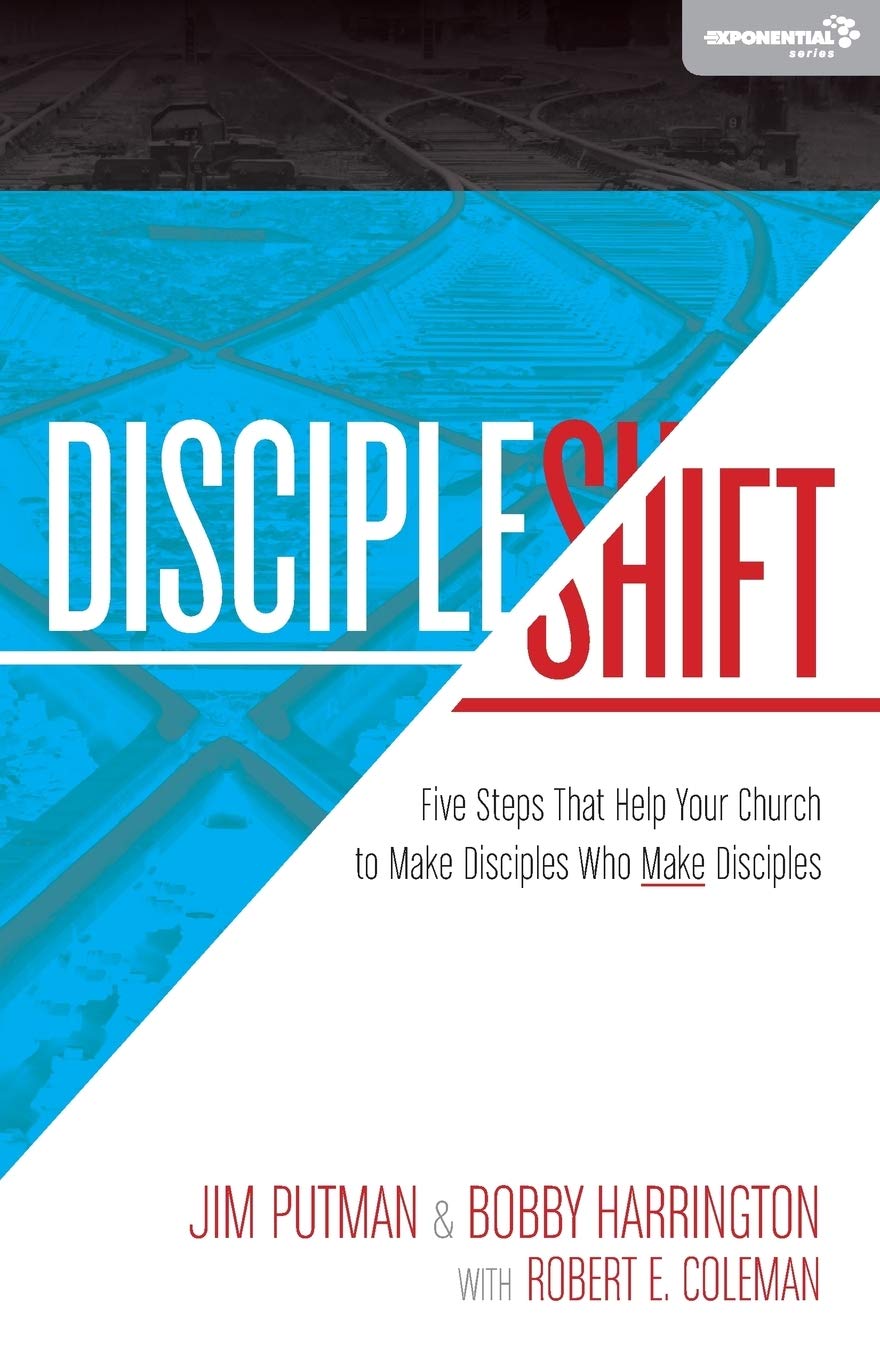Calm, Cool, and Connected.
by Arlene Pellicane
-It is better to be Wi-Fi poor and soul rich than the opposite way around.
-The smarter your tablet is, the dumber you can be – no need to know how to spell,
learn vocabulary, do math, etc.
-It’s a mediocre meal if you spend more time on the phone than you do with those
sitting around the table. It is a mediocre marriage if you text your spouse more than
you talk to your spouse.
-A life dominated by screens is a halfway life
– 71% of Americans sleep with or next to their phone.
-Multitasking does not save time. Multitasking interrupts, not letting you finish
something and reduces the quality of something.
-Look up to God instead of down to your phone, and enjoy the view.
–-Three fourths of children in the UK spend less time outside than inmates in prison.
-Most people rarely go outside. It would do everyone good to go outside just to take
a walk or look around.
-Good reasons to go outside:
- Get vitamin D – sun and fresh air will do you good.
- Feel happier – people usually talk about winter blues (not summer) when they can’t go outside.
- Increase your concentration power – more time outside will result in more biking, exercise and activities that do your body good.
- Enjoy anti-aging benefits – a study of people that spent time outside every day at age 70 had less aching bones, health issues and sleep problems than those that did not spend outside daily.
– Going outside increases health and decreases stress.






